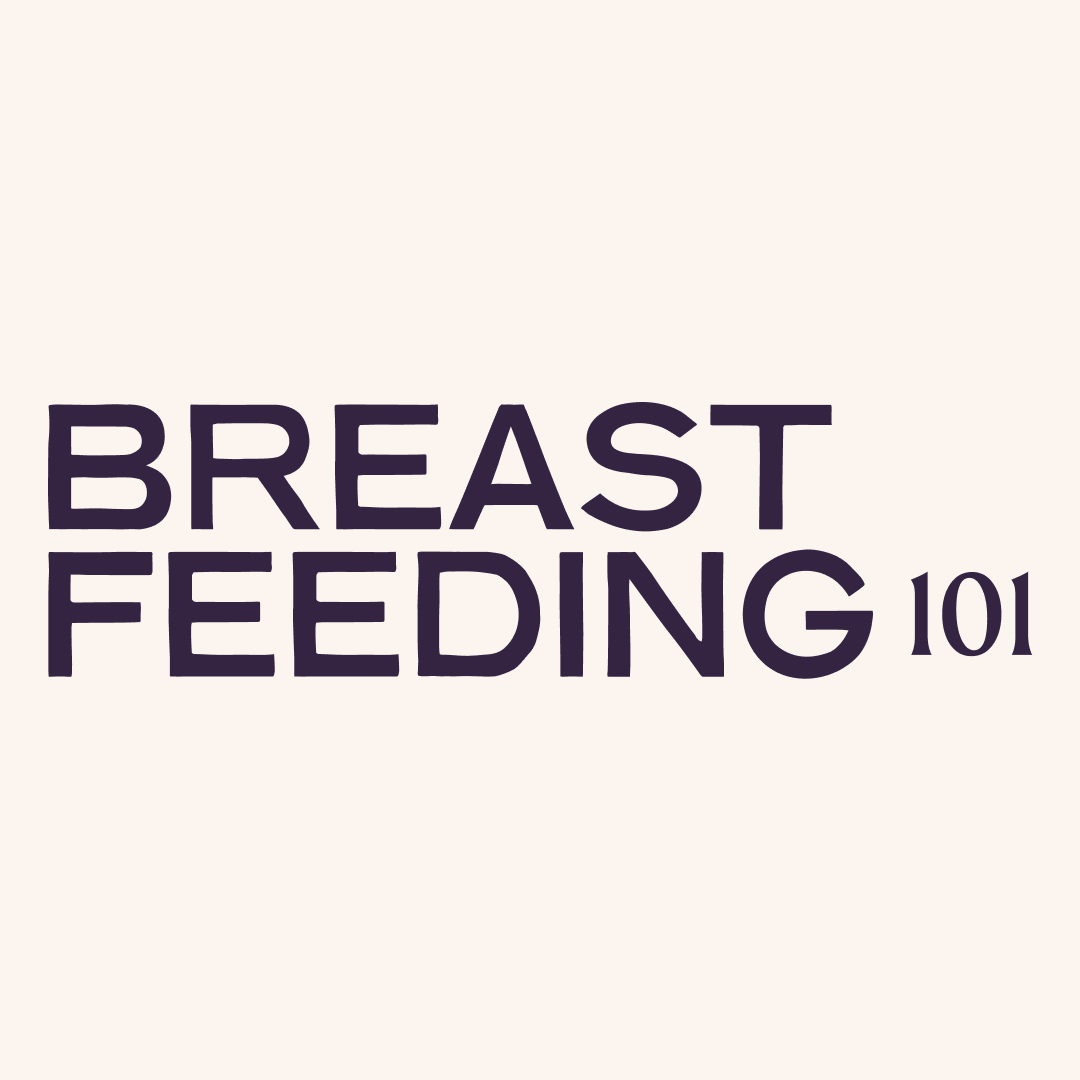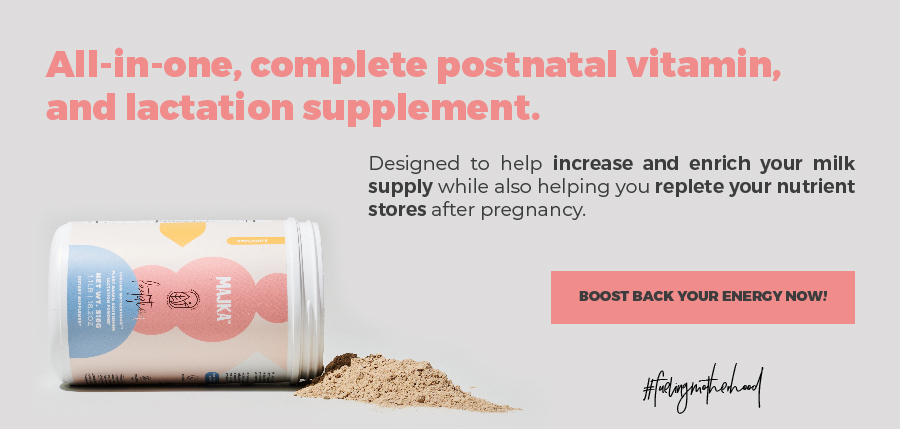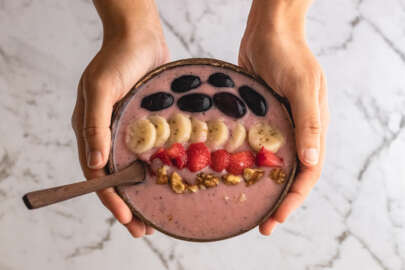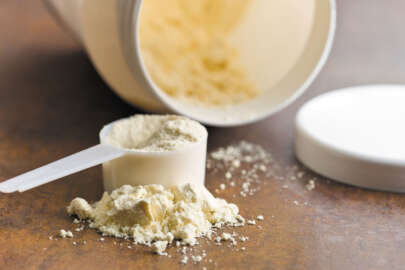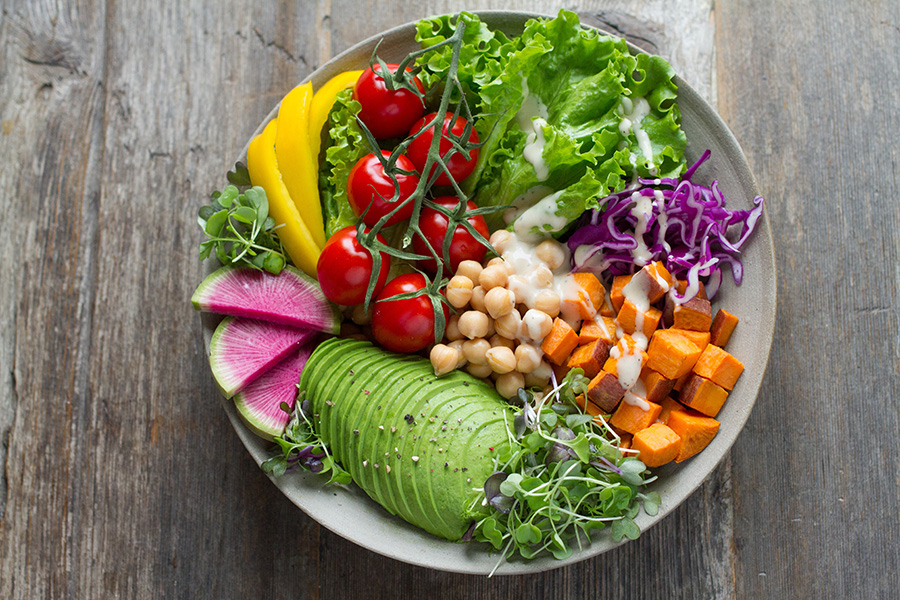
Eating well and having a healthy breastfeeding diet is, in some ways, similar to the nutritional experience you went through during your pregnancy. Luckily, during this period rules can start to loosen up a little bit and some foods that were forbidden a couple of weeks ago are back on the menu.
There is little to no evidence of the impact a mother’s nutrition may have on the volume of breast milk she produces, but the quality and variety of foods you include in your breastfeeding diet can trace subtle differences in your baby’s health.
Up next, we’ll be explaining how your dietary habits can create an impact on your child, what foods you should be consuming while breastfeeding and some measures you should be taking to gain nutritional benefits for them and for your body.
Nutrition for you and your baby
Ensure you’re getting enough calcium, as the levels of this mineral lower when you’re lactating, in order to avoid losing bone strength. Dairy products are an essential source of this nutrient; be sure to add foods like milk, cheese and yogurt distributed in four portions throughout your day. If you’re lactose intolerant or not too fond of dairy, try to add more nuts, tofu, sesame seeds and green vegetables, as those are a reliable source of calcium too!
Vitamin D is also key to a healthy breastfeeding diet because it ensures optimal calcium absorption – strengthening your and your baby’s bones. This has proven to be an important factor to avoid autoimmune and respiratory conditions in the future. Our strongest vitamin D source is sun exposure, but you can also get more of this nutrient through eggs, red meat, mushrooms, spinach, dairy products and oily fish.
Actually, oily fish is one of the best options to get the needed nutrients you both need, as it is rich in vitamin B12 and DocasaHexanenoic Acid (DHA). Vitamin B12 helps your baby develop healthy brain functions and it is essential for healthy red blood cell formation; DHA is an Omega 3 fatty acid that is basic for the robust development of cognitive and visual functions in children. Even though the benefits of oily fish consumption are well known, keep in mind to limit portions of these up to two per week, as they may contain pollutants like mercury that can be potentially threatening to your baby’s brain and nervous system development. Some of the best options are salmon, bluefish, bass, trout, flounder and tuna.
Breast milk properties
Consider that your breast milk could play a protective role when it comes to food allergies, as you’re exposing your baby to different foods through breastfeeding. This could be a useful strategy to boost your child’s immune system’s response at early development stages while having them try different flavors that could be a factor to create affinity for some flavors and prevent picky eaters in the future.
Even though properties like the taste and aroma of the food you’re eating are not directly transferred to your breast milk, your current diet will still make the flavor and smell of your breast milk change. It is perfectly normal to perceive slight changes in the color of your milk due to natural and artificial pigments in the food you previously ingested.
Indulge with modesty
Apart from limiting the amount of oily fish you can eat, there aren’t any specific foods to avoid when breastfeeding, as even spices or foods that are prone to produce gas are tolerated by most babies.
If you’re a coffee-lover, we have good news for you: caffeine, within sensible limits -one cup of coffee a day, at least a couple of hours before breastfeeding-, can be part of a healthy breastfeeding diet, as only around 1% of your caffeine intake is passed through breast milk, just put into consideration that newborn babies are more sensitive to caffeine, and if you notice any sleep deprivation or excess irritability on your baby, maybe you should limit or avoid caffeine.
Also, almost half of women who breastfeed consume a little bit of alcohol, so don’t worry about having an occasional glass of wine every once in a while. Just avoid consuming alcohol in the very early stages and try to wait around two hours before breastfeeding to minimize infant exposure.
Proper calorie intake and hydration
As a nursing mother, you should consider adding around 400 extra calories to your diet, so if you were looking to try on a new diet or lose weight, waiting is probably the best idea since your baby, as well as your milk supply, could be affected by the loss of mass; some of the extra weight left from your pregnancy will be reduced during the lactation period, as it will naturally be used for generating your milk supply. When your baby is around 6 months old and starts eating solids, then you can start reducing the number of calories in your diet again, as you will be producing less and less milk.
Water is key for a healthy breastfeeding diet, so try to drink enough liquids whenever you’re thirsty, which will probably be often if you are breastfeeding. Hydration, especially in the weeks after birth, will help your body recover and will help you avoid issues like urinary tract infections, constipation, and fatigue.
As long as you are getting all the nutrition your body needs –carbohydrates, protein, fats, vitamins and minerals – you should be fine. When making your grocery list, make sure to add plenty of fruit and vegetables, as well as whole grains such as oats, brown rice, and cereals; these ingredients complemented with starchy foods like potatoes, pasta and couscous are an important source of energy.
Although these tips might be helpful, every nursing mother’s body works differently; the secret to finding what diet options could be the best for you and your baby is to keep track of how you feel, the quantity and quality of your milk supply and the overall health of your baby. If everything is looking normal, you should not worry too much, still, it is always helpful to have the opinion and support of your own nutritionist, pediatrician or lactation consultant to answer any of your doubts about this topic.
To know more about how to keep a healthy breastfeeding diet and other topics related to lactation, follow Breastfeeding 101, your guide for breastfeeding.
Breastfeeding 101


